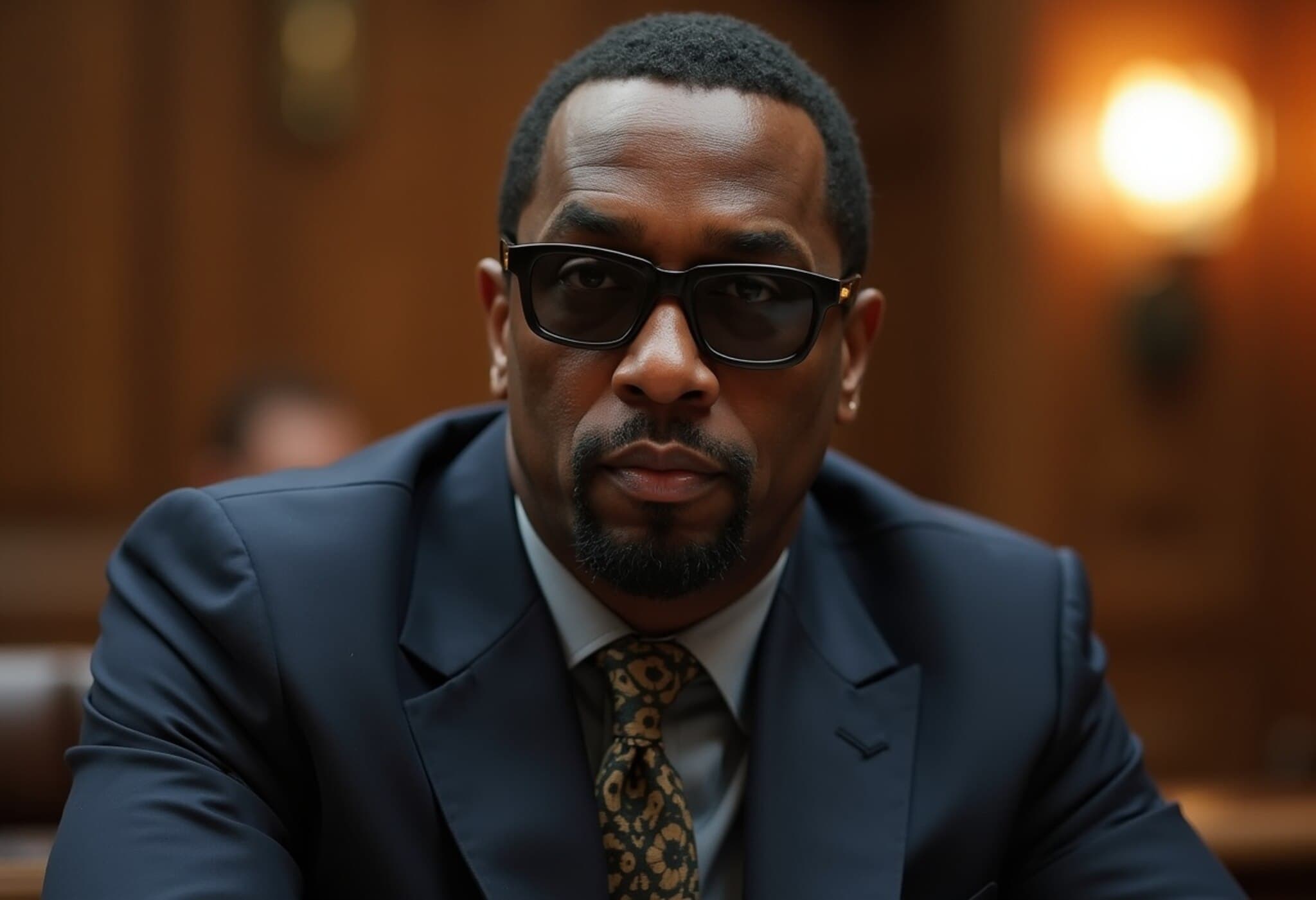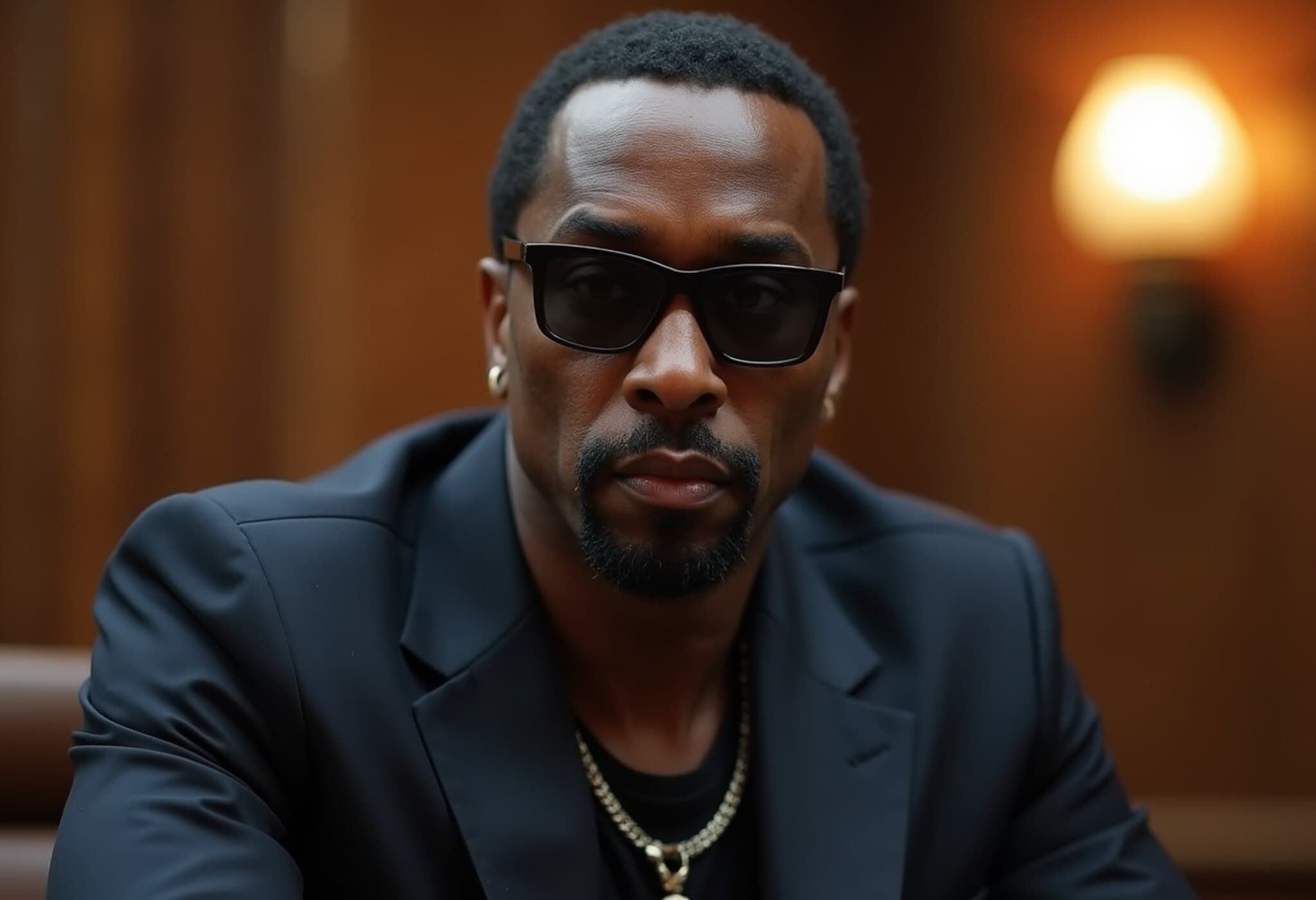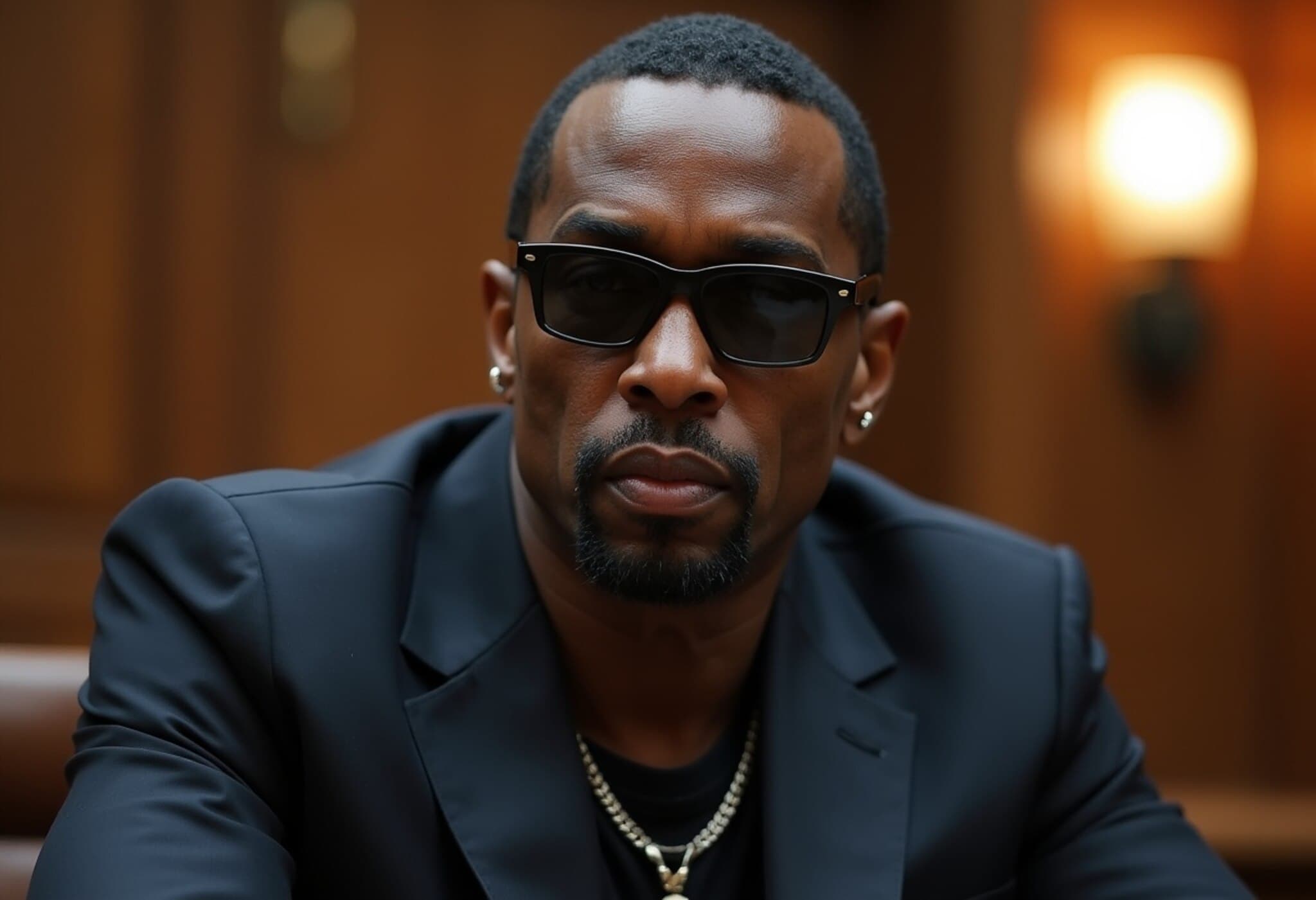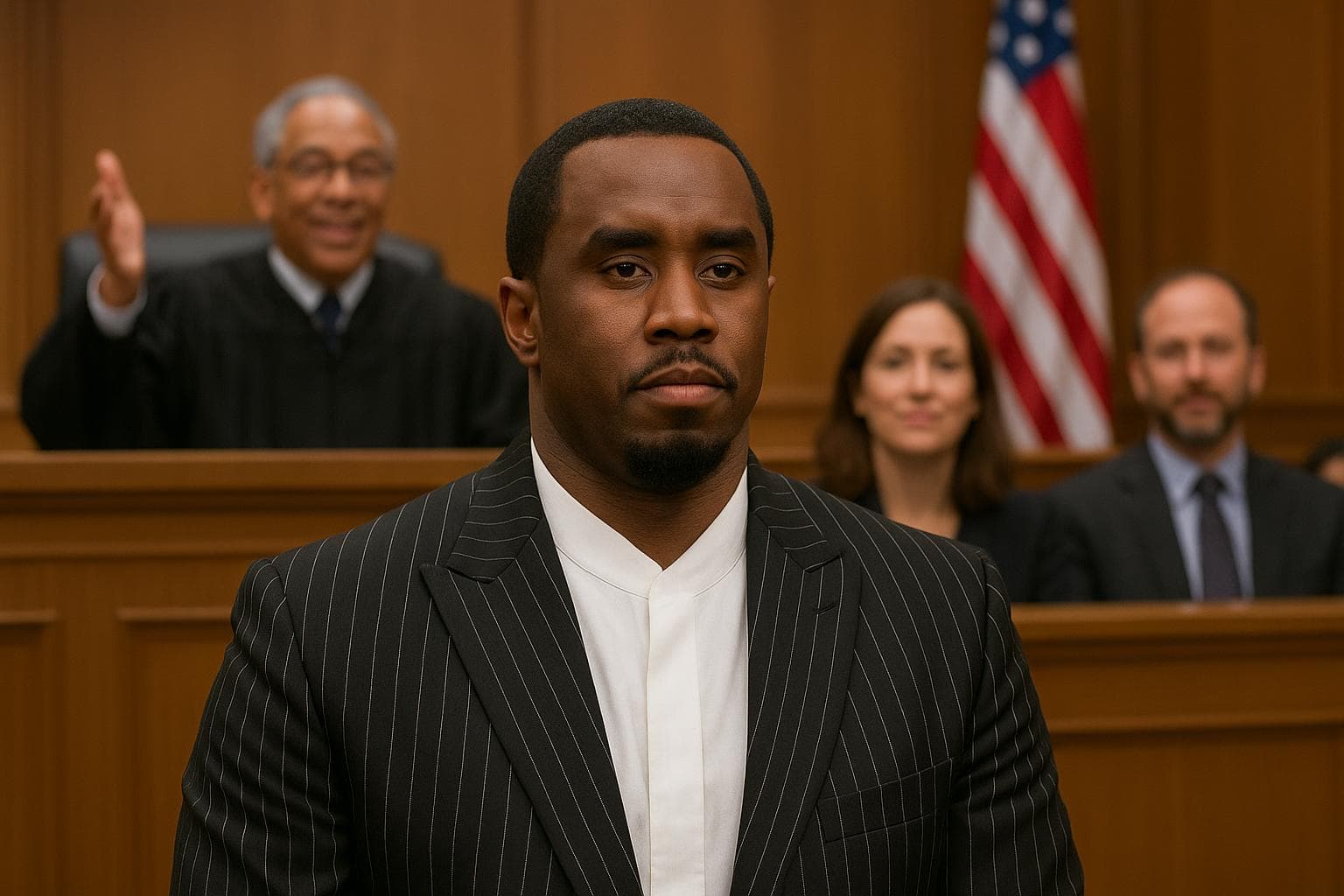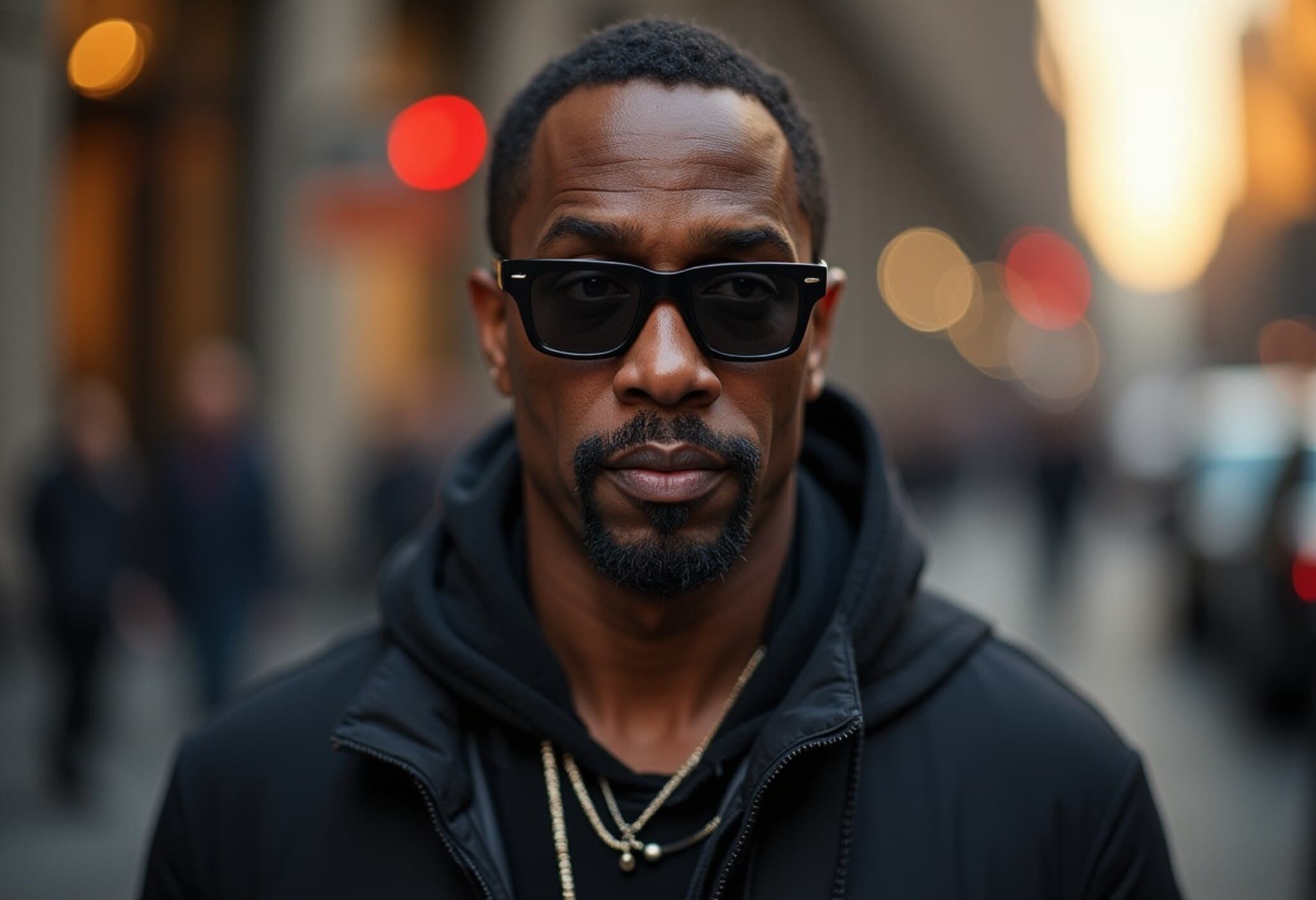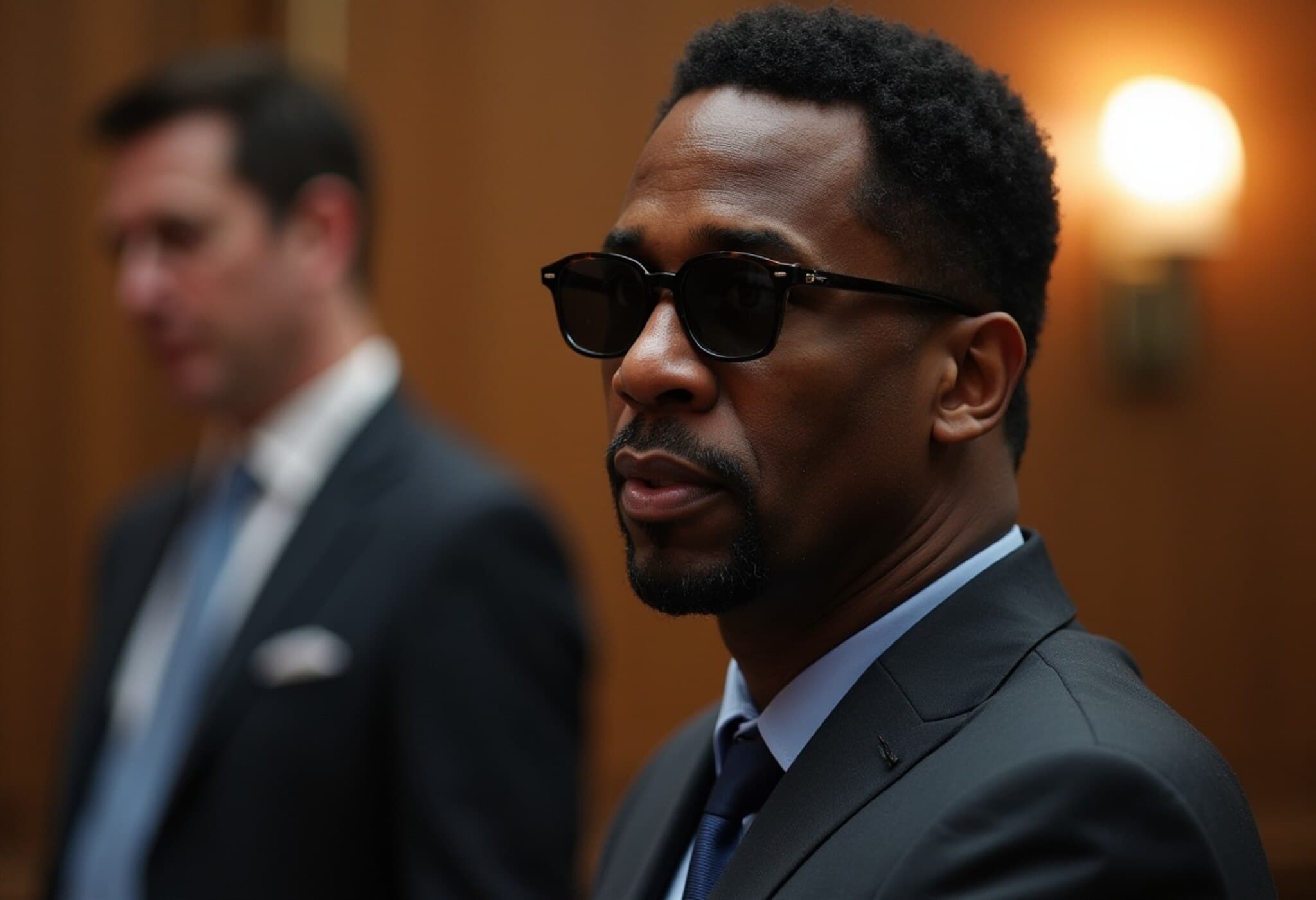Sean ‘Diddy’ Combs Trial: Will Prosecutors Secure a Conviction?
After more than six weeks of testimony featuring 34 witnesses, the fate of hip-hop mogul Sean “Diddy” Combs now lies in the hands of the jury. He stands accused in a high-profile federal case involving charges of sex trafficking, racketeering conspiracy, and transportation for prostitution.
Legal analysts observe that securing a conviction will be challenging. Several aspects of the prosecution’s case reveal vulnerabilities, offering jurors considerable room to entertain reasonable doubt, particularly concerning the racketeering and sex trafficking allegations.
The Racketeering Conspiracy Charge
At the heart of the case is a racketeering conspiracy charge under the Racketeer Influenced and Corrupt Organizations Act (RICO), a law devised to dismantle organized crime. Prosecutors allege Combs and members of his inner circle formed a criminal enterprise that forced his ex-girlfriends into sexual acts called “Freak Offs” or “hotel nights” using threats, violence, forced labor, and bribery.
Proving a RICO charge demands demonstrating that Combs and at least one co-conspirator committed two or more crimes within a decade to further the enterprise. While federal agents accuse Combs' employees of facilitating drug use, travel arrangements, and other logistics, many key figures have not testified in court, leaving gaps the defense could exploit.
Legal experts highlight that this absence makes it difficult to establish that Combs orchestrated or knowingly enabled the alleged criminal enterprise rather than simply managing a legit business with flawed personal conduct.
Assessing the Sex Trafficking Allegations
The prosecution’s case includes two counts of sex trafficking—one for each accuser. To convict, the jury must be convinced the acts were compelled through force, fraud, or coercion.
Compelling evidence such as surveillance footage showing physical assault and testimony describing a pattern of abuse strengthens the government’s argument. Photographs of injuries and accounts from multiple witnesses support claims that Combs used physical violence to coerce participation.
Financial coercion also emerges as a key element. Combs’ influence over one accuser’s music career and alleged monetary threats to the other played into purported coercion. However, the defense counters that communications between Combs and the women reveal that these encounters were at times consensual and coordinated by the accusers themselves.
Legal analysts emphasize that proving abusive behavior is not synonymous with proving sex trafficking. The defense has stressed that while the relationship may have been toxic, it does not meet the legal threshold for trafficking, a nuance the jury will have to consider carefully.
Transportation for Prostitution Charges: The Strongest Link?
Charges of transporting individuals across state lines for prostitution are seen as the clearest for the prosecution. Detailed flight records, hotel invoices, bank statements, and explicit video footage were presented to the jury, outlining extensive travel connected to so-called “hotel nights” in multiple states.
Payments to escorts ranging from $1,500 to $6,000 further demonstrate the commercial nature of the encounters. Experts agree that these charges are bolstered by strong, tangible evidence with fewer ambiguities compared to other counts.
The Defense Strategy: Playing It Safe
The defense rested after a brief presentation without calling any witnesses, underscoring the risk-averse nature of their approach. By not testifying or introducing witnesses, Combs' lawyers avoid exposing their client to cross-examination and rely on dissecting the prosecution’s evidence during closing arguments.
The defense frames the case as driven by financial motives, painting the allegations as orchestrated money grabs or personal disputes rather than criminal acts. Central to their argument is the assertion that all parties exercised free will and consented to the interactions.
Looking Ahead: Closing Arguments and Jury Deliberations
With testimonies complete, the trial advances to closing arguments, expected to stretch over two days. The judge and attorneys are finalizing jury instructions, which will guide the 12-member panel during deliberations.
The outcome remains uncertain, hinging on how jurors interpret complex evidence amidst competing narratives of coercion versus consensual behavior within a complicated personal and business relationship.
Summary
- The prosecution seeks to prove Combs ran a criminal enterprise involved in sex trafficking and prostitution.
- Key challenges include linking alleged acts to a RICO enterprise and proving coercion beyond physical abuse.
- Transportation charges are supported by strong documentary and video evidence.
- The defense declined to call witnesses, focusing on dissecting prosecution evidence and emphasizing consent.
- Jury deliberations will ultimately decide Combs’ fate.

